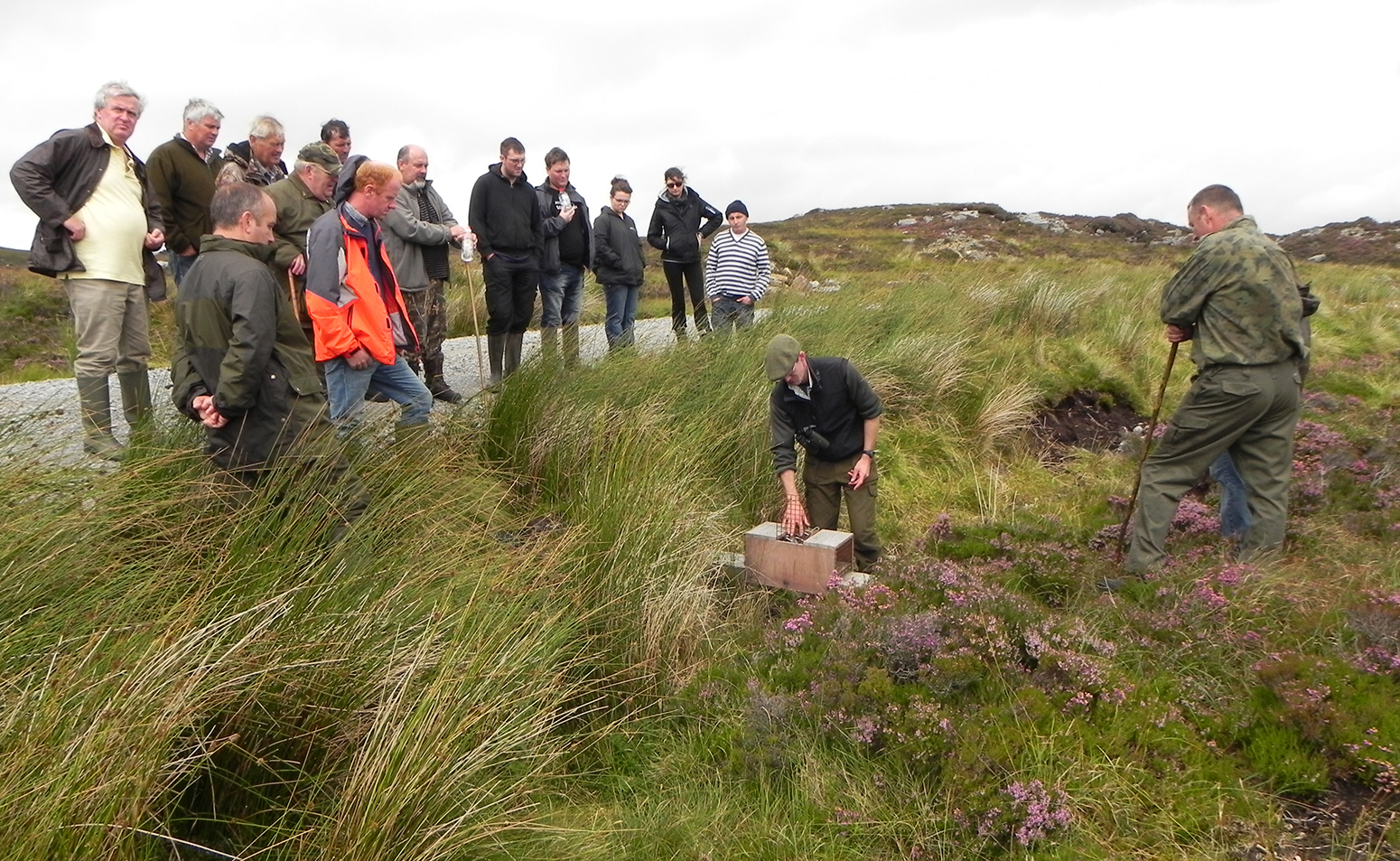
07 Dec 2021 Move to ban hunting in 10% of the EU considered unjustified by Member States
After one year of intensive discussion with Member States, a proposal made by the European Commission for a blanket ban on hunting (and fishing) in a new category of strictly protected areas covering 10% of EU land was deemed to be an unjustified measure for halting biodiversity loss. The final document, where the ‘hunting ban’ has been removed, is posted online.
The first draft from the European Commission put hunting (and fishing) in the same category as “mining”, deeming these activities as being incompatible with strictly protected areas. This created shockwaves in many parts of Europe, including for many Members of the European Parliament (e.g. link, link, link).
The objective of this work under the Biodiversity Strategy for 2030 was to preserve the integrity of high biodiversity areas with particular focus on carbon-rich ecosystems such as peatlands and ancient woodlands. A welcome sign that EU policy is no longer considering climate change and biodiversity loss in isolation, but that the two are intrinsically linked. Importantly, hunting will not interfere with the natural processes of these habitat types. On the contrary, hunters’ conservation efforts are important in protected area management and key to ensuring community-based support and conservation efforts at the local level.
This recent work on strictly protected areas originates from the EU Biodiversity Strategy for 2030, which calls for a coherent network of protected areas covering 30% of the EU, of which 10% will be under strict protection. The criteria and guidance are non-binding and aim to help Member States fulfilling the political commitment.
The next step will be for Member States to make pledges for the 30% and 10% targets using existing protected area networks or new designations if needed. Whatever happens, the best chance of success will be achieved by explicitly integrating local people in the conservation of the sites. Global experience of protected areas has shown the level of protection is not the key factor in stopping biodiversity loss, but rather the empowerment of local people and maintenance of cultural and livelihood benefits (see here and here).
FACE President, Torbjörn Larsson stated: “We are very pleased that common sense has prevailed and that there is no blanket hunting ban in this new category of strictly protected areas. FACE has been actively opposed to unjustifiably banning hunting, highlighting that hunters play a key role in protected area management in Europe”. While thanking FACE Members for actively discussing this file at national level, Torbjörn Larsson added: “This shows how important it is for Europe’s 7 million hunters to work together”.

Europe’s hunters play a key role in community-based conservation and protected area management. For more information on hunters’ work, including in protected areas, see: www.biodiversitymanifesto.com.

